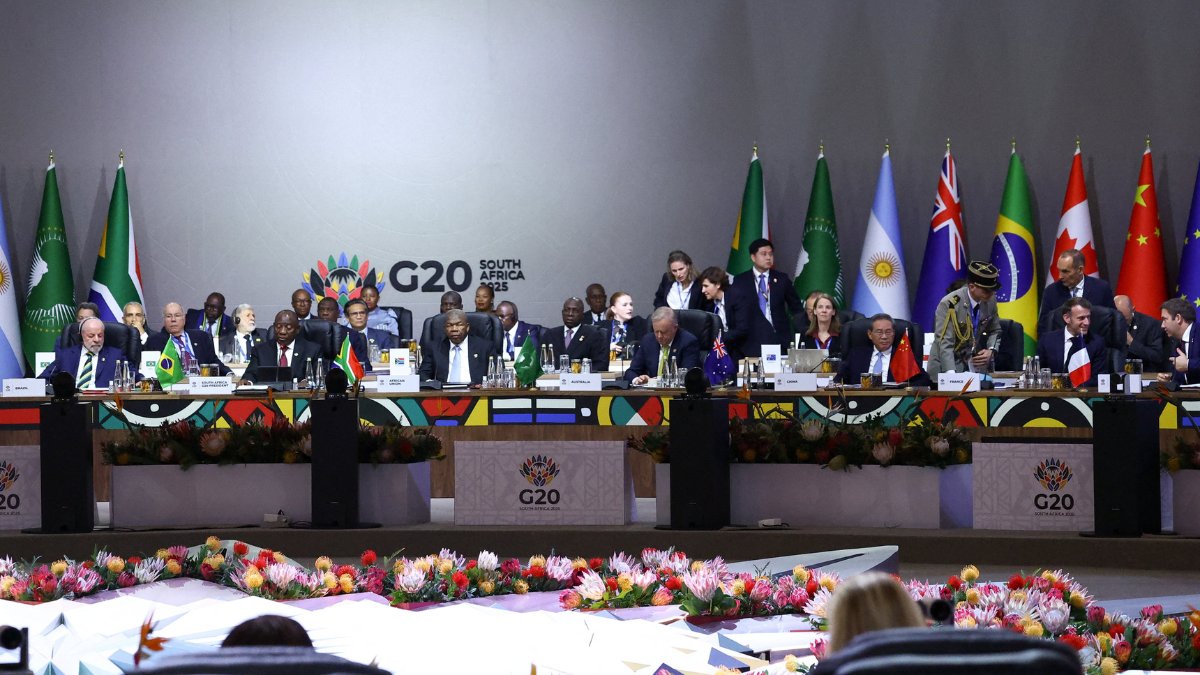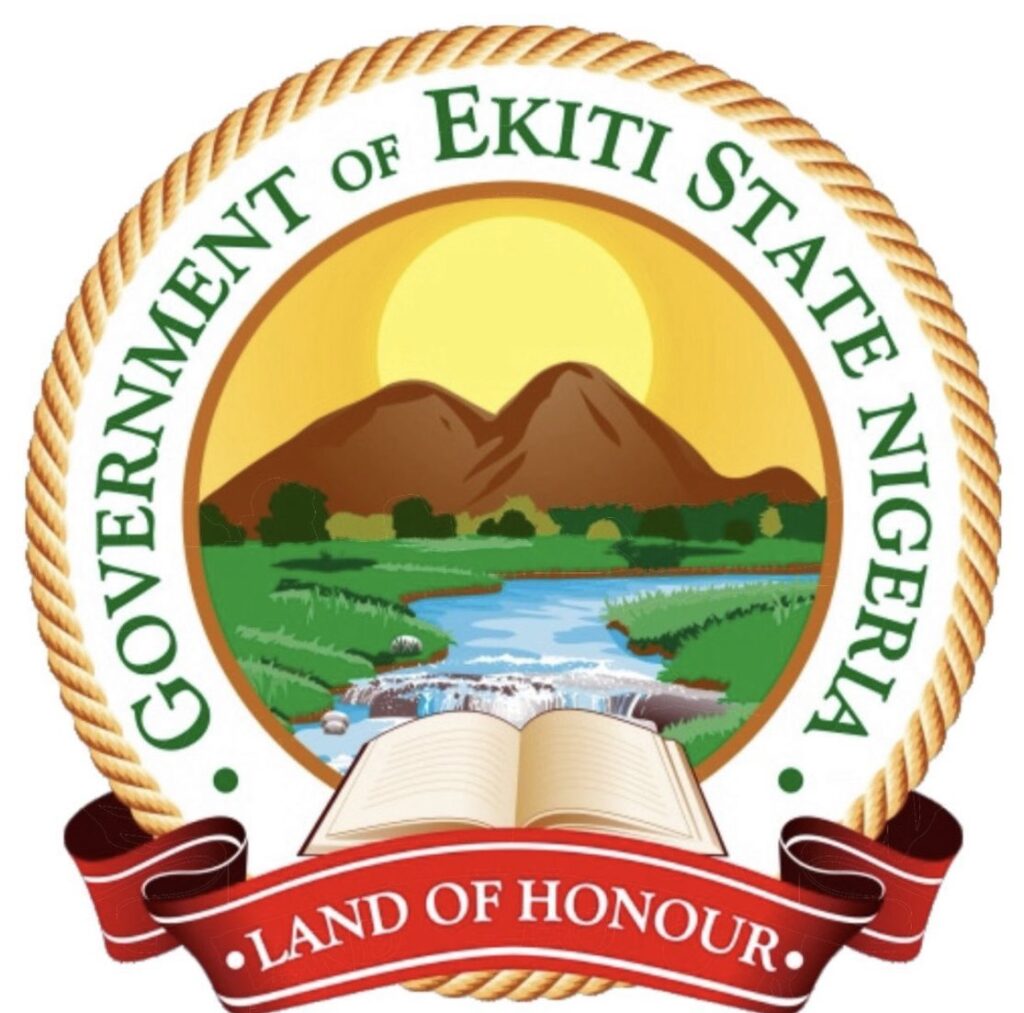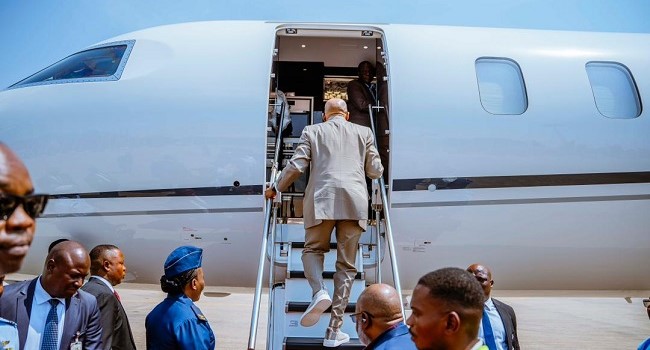G20 Leaders Endorse Wider Access to Critical Minerals, Push for Debt Relief for Vulnerable Nations

World leaders at the G20 Summit in Johannesburg have thrown their weight behind new commitments aimed at improving global access to critical minerals and easing the debt burden on developing countries — two issues that have dominated discussions under South Africa’s presidency.
At the summit’s opening sessions, delegates stressed that critical minerals such as cobalt, lithium, manganese and rare earths are essential for the global transition to clean energy and advanced technology manufacturing.
South Africa’s President Cyril Ramaphosa urged fellow leaders to ensure that the countries supplying these minerals benefit more meaningfully from their natural resources, calling for local processing and value-addition, rather than the long-standing practice of exporting raw materials.
Several G20 members supported the push, arguing that mineral-rich developing nations should no longer sit at the bottom of the value chain while wealthier nations dominate refining and manufacturing. Leaders also acknowledged that securing sustainable and diversified mineral supply chains is crucial to meeting global climate targets.
Alongside the minerals agenda, the summit also focused on the growing debt crisis facing low- and middle-income countries. With many nations spending more on interest payments than on health or education, G20 leaders backed expanded debt restructuring frameworks and fairer access to global finance.
Italy made one of the strongest pledges, announcing support for a plan to halve the debt burdens of vulnerable countries over the next decade.
The broader G20 declaration highlighted the need for transparent sovereign credit ratings and more inclusive reforms at institutions like the IMF and World Bank.
South Africa’s “Africa Expert Panel” recommendations — which call for improved debt sustainability, fairer credit assessment and transformative mineral development — also received collective endorsement.
While the commitments signal a shift toward more equitable global economic policies, analysts say real progress will depend on whether wealthy creditor nations and international lenders follow through with concrete action.
For now, the G20’s unified backing reflects a growing recognition that debt relief and fairer mineral access are central to global stability and the future of the green economy.









